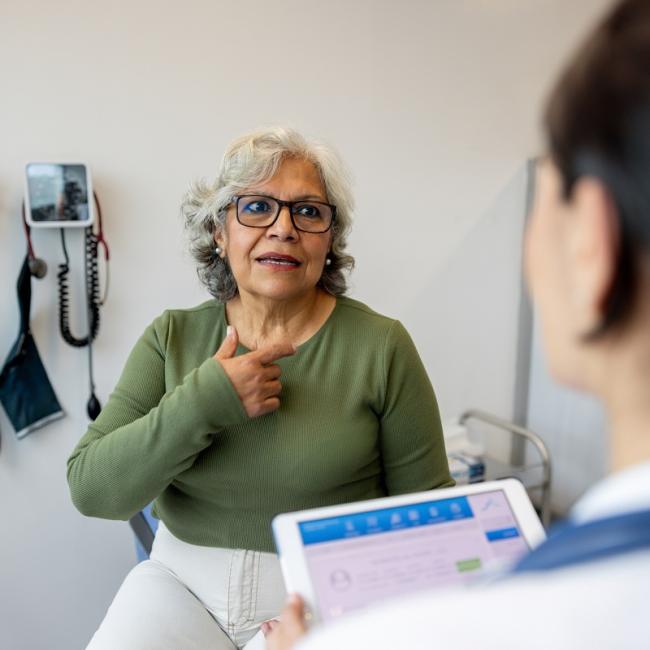Include Network: For Global Equity in Language-Based Brain Health Research
Atlantic Fellows for Equity in Brain Health Adolfo Garcia and Boon Lead Tee; UCSF neurologist Jessica de Leon; and GBHI faculty member Marilu Gorno-Tempini discuss the launch of Include, a new initiative focused on global equity in language-based brain health research.
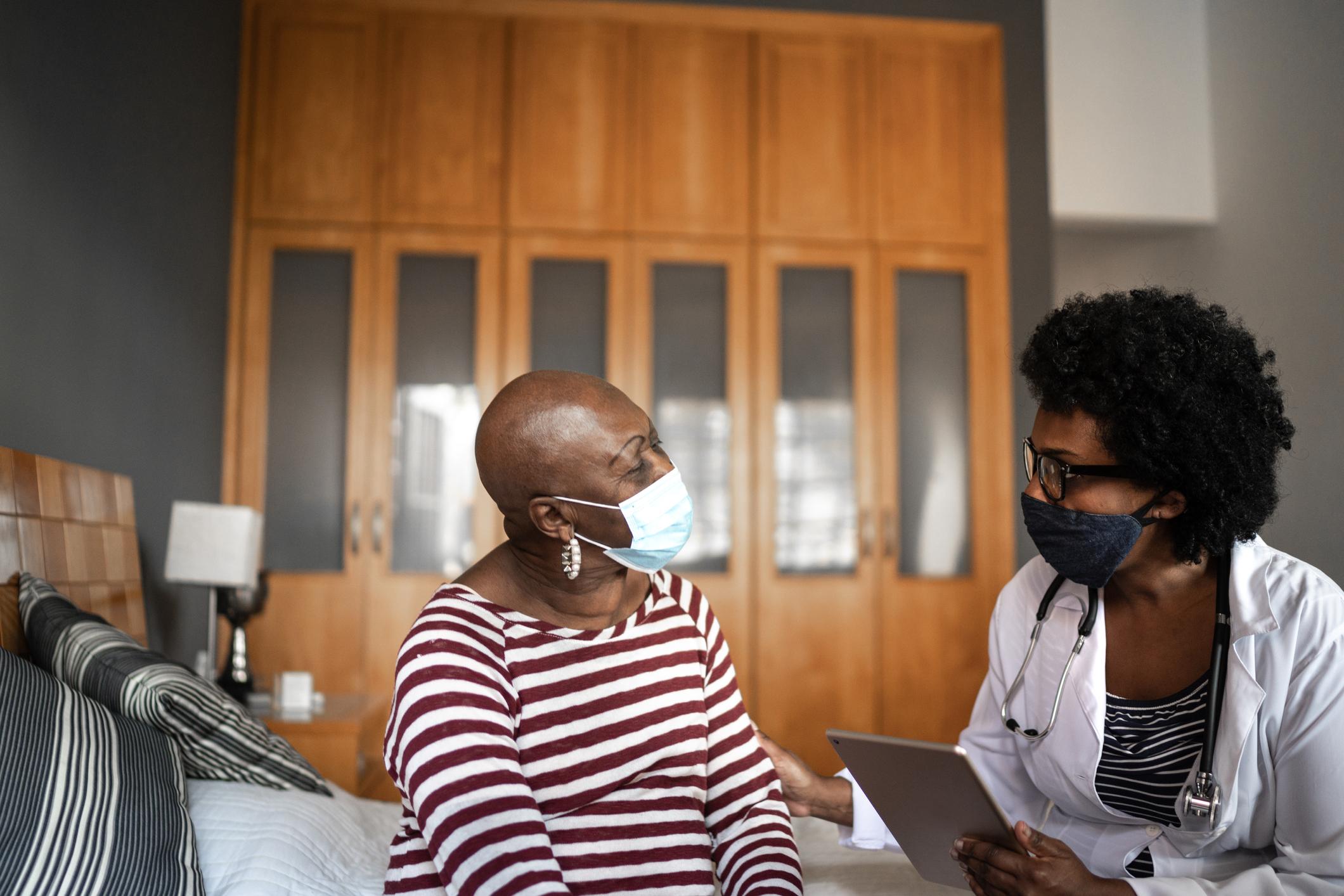
Language offers crucial insights into brain health. For example, we have seen that specific linguistic alterations contribute to the detection and characterization of Alzheimer’s disease dementia, primary progressive aphasia, behavioral variant frontotemporal dementia, and Parkinson’s disease, among other disorders. Recently, the clinical potential of language analysis has been bolstered by computerized tools, which reveal subtle markers of these diseases in natural speech via objective, automated, low-cost tests. Linguistic assessments have thus become vital to the contemporary study of brain disorders.
However, this potential is not being leveraged evenly across the world. Out of the roughly 7,000 languages in existence, less than 1% have received any systematic attention from researchers. Moreover, the vast majority of studies are conducted in English, a language that is spoken by only 15% of persons worldwide. English-based findings cannot be assumed to hold for speakers of other languages, given that each language may have a specific neurological organization and, thus, present different alterations following brain damage. To foster brain health equity, strategic global efforts on language testing need to be pursued.
Such is the motivation behind the International Network for Cross-Linguistic Research on Brain Health, better known as Include. This new effort is led by Global Atlantic Fellow Adolfo García (Director of the Cognitive Neuroscience Center at UdeSA, Argentina), Global Atlantic Fellow and UCSF Assistant Professor Boon Lead Tee, UCSF neurologist Jessica De Leon, and GBHI/UCSF Professor Maria Luisa Gorno-Tempini.
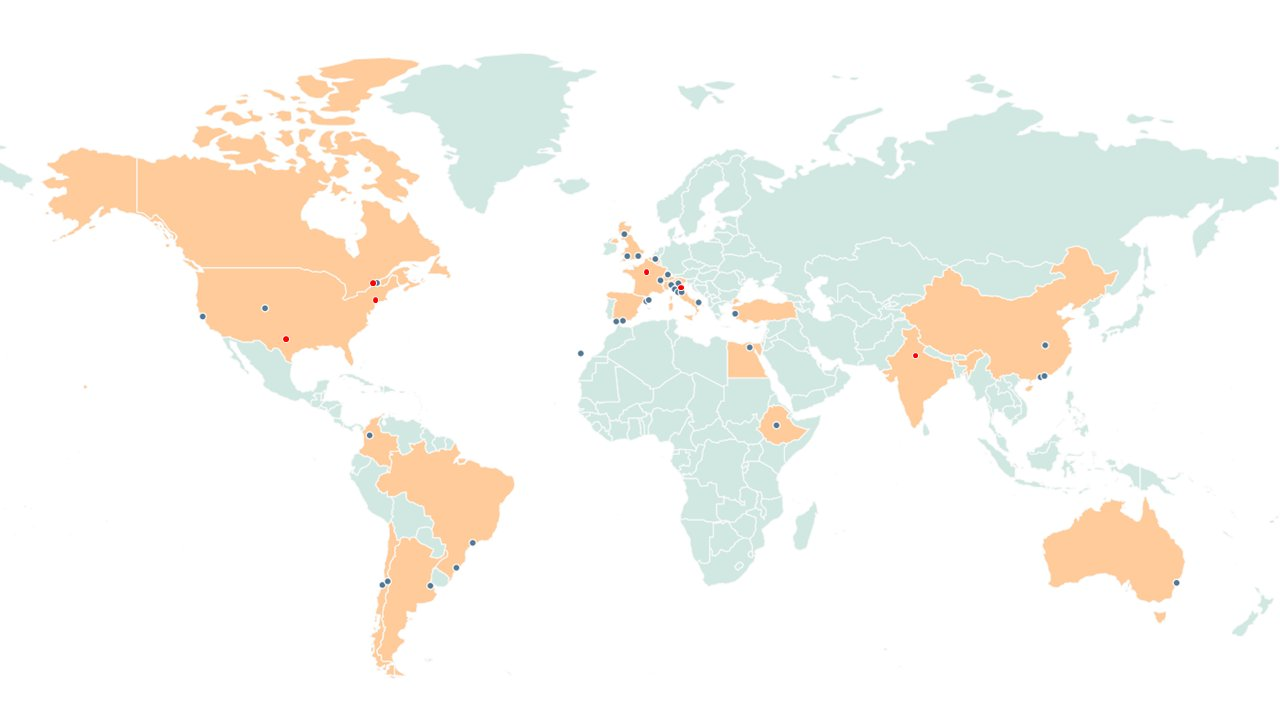
Officially launched on November 30, 2022, the Include network spans over 40 sites in roughly 30 countries across five continents.
Include seeks to promote globally fairer approaches to brain health through novel research involving diverse languages. Officially launched on November 30, 2022, the network already spans over 40 sites in roughly 30 countries across five continents. Leading researchers from different disciplines have come together, for the first time, to identify which linguistic difficulties in particular diseases are similar across languages and which ones may be found specifically in certain languages.
The project has been built with initial funds obtained by Adolfo's Pilot Award for Global Brain Health Leaders, supported by GBHI, the Alzheimer’s Association, and the Alzheimer’s Society. Several Atlantic Fellows for Equity in Brain Health have joined the initiative, enriching it with varied forms of clinical research expertise. Though new, Include has quickly promoted multicentric collaborations that we expect will soon lead to novel scientific findings. This powerful initiative is a clear incarnation of the values of GBHI in its pursuit of worldwide equity for persons with neurological conditions. We celebrate the birth of the Include Network and the many contributions it will bring to the field of brain health at large. You may visit the network’s website here.
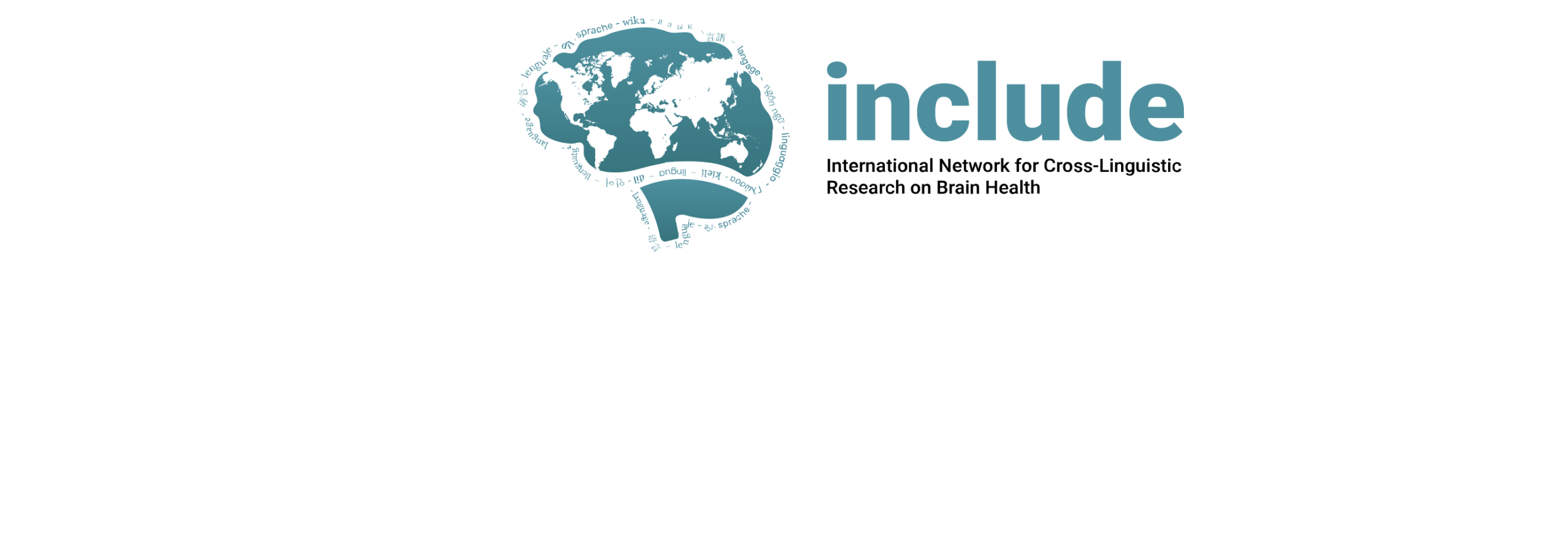
Authors
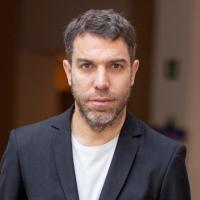
Adolfo M. García, PhD
Neuroscientist

Boon Lead Tee, MD, MS
Neurologist

Jessica de Leon, MD
Assistant Professor, UCSF Memory and Aging Center
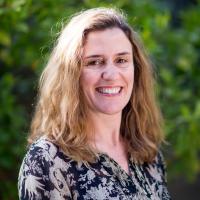
Marilu Gorno Tempini, MD, PhD
Professor of Neurology and Psychiatry
